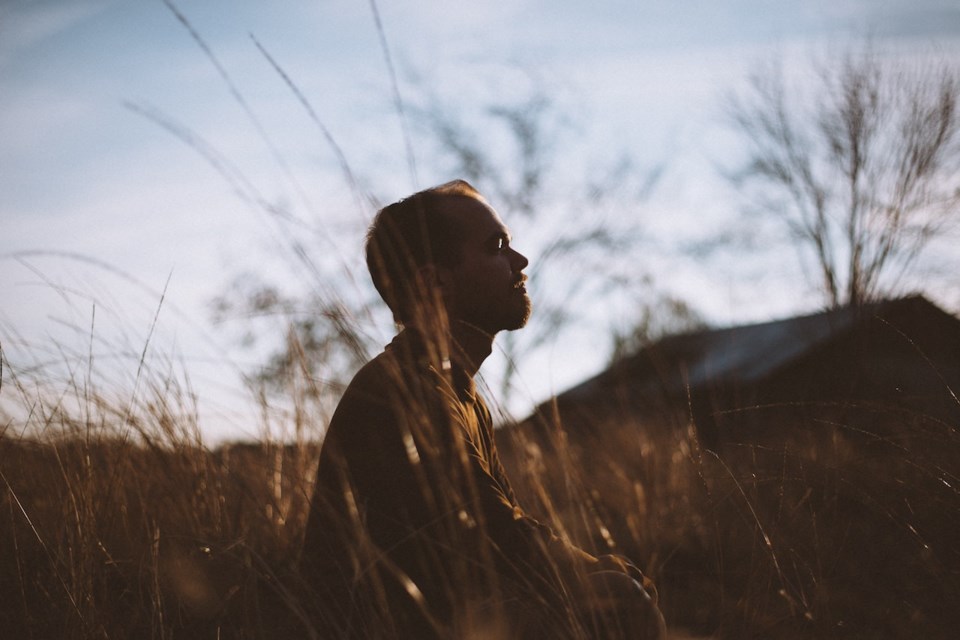Until January of this year, most people in my Bowen circles had never heard of Wuhan. For me, it’s different. I’ve been in Wuhan four times a year for the past five years teaching psychologists, counsellours, social workers and psychiatrists how to do advanced trauma therapy with their clients.
Last week, I hosted a Zoom call with more than 3000 Chinese participants. What I am witnessing is that the first phase of COVID-19 brings with it a wave of high anxiety. As a country, we are still in this first phase right now. The second phase is identified by a trauma response— some individuals on Bowen are in this phase now, being triggered by past losses and traumatic events. The third phase, I predict, will spiral into an outpouring of loss, mourning and grief.
We have a few members of our community who are in this phase already, as they have experienced personal loss early on.
Statistically, we know that 80 to 85 per cent of us will go through COVID-19 with only mild symptoms. What is more impactful is living in a state of high anxiety, which impacts our health and our immune systems. The average person is far more likely to suffer from anxiety than COVID-19 itself.
There is another way.
Rather than coming from fear, we have a choice to come from love, learning and growth. On the surface, that sounds like psycho-babble. What does this mean in a practical sense?
If I am living in the fear zone, it may not show up as fear. Instead, my fight/flight response may come out as easy anger. My temper might be short, my responses curt. I might blame it on the government, the inconsiderate jerk in line at the grocery store, BC Ferries. Rude retorts abound on Facebook’s Bowen Island Everything Else.
However, it is possible to stop anger midstream. We do it all the time. Imagine you are upset and speaking in angry tones with a family member. The phone rings. In a sweet engaging voice, you answer. “Hello? Oh, so nice to hear from you!” Then moments after hanging up, you return to your rant.
In the middle of anger or fear, we can step into the learning zone. Here I recognize that we are all trying to do our best, including myself. I see the difference between what I can and cannot control. I focus on taking responsibility for my own emotions, my thoughts, words and behaviours. I stop consuming compulsively, everything from food to news. I stop forwarding every email on protection from COVID-19, because at this point, that actually keeps fear levels high. So the learning zone is about personal responsibility.
In the growth zone, I actively practice patience for others and myself. And I tell people, “I really appreciate you for…” I look for ways to be kind to others, to rejoice in the beauty of this island, to have gratitude for the life we are creating together. If I believe someone I love is at risk, or I believe that I am, then it’s about fixing the relationships I have. What do I need to apologize for? What do I need to let go of? What am I grateful for? and can I tell them?
It’s not about dismissing other people’s pain, or your own. It is about dwelling more on the co-creation of a life connected to ourselves, each other and the planet.
We have essentially flattened the curve and delayed phase two. Our best preparation now is to be gentle with ourselves and each other.
Dr. Carolyn Nesbitt and Doug Elliott, RCC, are co-hosting a Zoom call at 8:30 a.m. Wednesday for help with Anxiety and Coping.
Type into your search bar: bit.ly/CopingwithAnxiety2
Dr. Carolyn Nesbitt is a registered clinical psychologist who has worked at BC Children’s Hospital, Riverview Psychiatric Hospital, and the Simon Fraser University Clinic as well as in her private practice for more than two decades.



